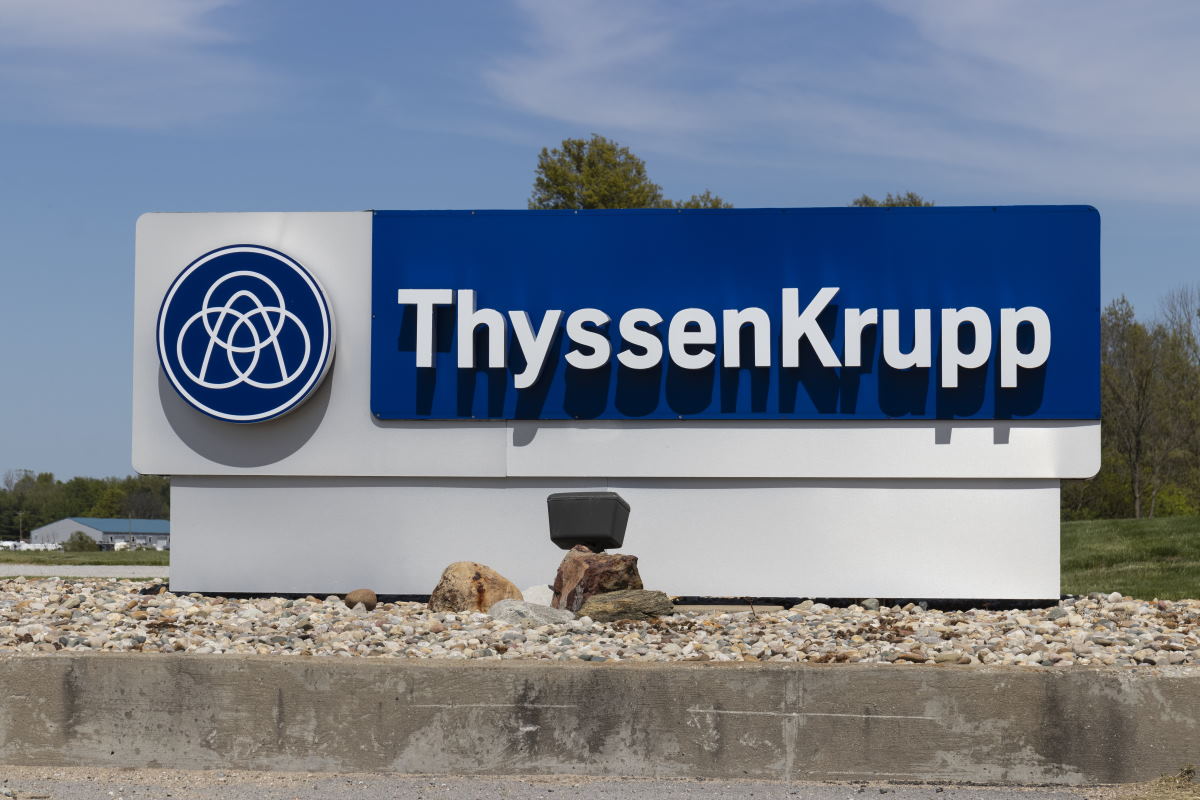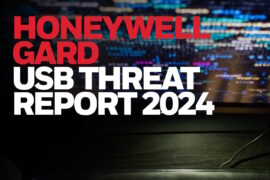Two thyssenkrupp divisions targeted in cyberattack, though no data breached

Industrial engineering and steel production conglomerate thyssenkrupp AG confirmed that it was fending off a cyberattack against two of its divisions, though no data appeared to have been compromised.
“thyssenkrupp is currently the target of a cyber attack – presumably by organised crime. Parts of the Materials Services and Corporate headquarters are currently affected,” a spokesperson of thyssenkrupp Materials Services, wrote in an emailed statement to Industrial Cyber. “The possibility of the other segments and business units being affected can be ruled out at this time.”
The spokesperson added that the Group’s IT security (thyssenkrupp Cyber Defense Center) recognised the incident at an early stage and is currently restoring the security of the system. “An interdisciplinary crisis team has been set up and is working together with the group’s IT security to limit the attack and ideally end it as quickly as possible.”
“At this point in time, no damage has been done, nor are there any indications that data has been stolen or changed. The responsible authorities are involved,” according to the spokesperson.
The statement did not comment on how many systems were affected or the nature of these systems.
Headquartered in Essen, Germany, thyssenkrupp is an international group of companies comprising largely independent industrial and technology businesses and employing around 96,000 people. Its business activities have been bundled in six segments, including Materials Services, Industrial Components, Automotive Technology, Steel Europe, Marine Systems, and Multi Tracks.
Commenting on the thyssenkrupp attack, Duncan Greatwood, CEO at zero trust security vendor Xage Security, wrote in an emailed statement that “cyberattacks on Thyssenkrupp AG are another example of increasing risks to industrial organizations and the global supply chain.”
“In fact, cyber risks are now spreading from energy and utility sectors, and making their way into the manufacturing sector – such as steel manufacturing and heavy industries – in an effort to cause massive chaos,” according to Greatwood. “The mindset needs to shift from not just detecting and responding to cyberattacks on critical infrastructure, but blocking them from inception. Prevention is possible, even once the threat has infiltrated the network or compromised some systems.”
Accelerating implementation of preventive cybersecurity capabilities should be a key priority for industrial organizations and critical infrastructure operators in 2023, Greatwood added.










